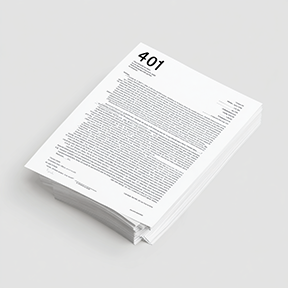
Regarding financial planning, women often face unique challenges and obstacles that can affect their ability to achieve their financial goals. Some of the common challenges to financial planning for women include:
- Gender Pay Gap: Women, on average, earn less than men for the same work. The gender pay gap can limit women's income and savings potential, making it harder to build wealth and achieve long-term financial stability.
- Career Breaks and Reduced Work Hours: Women often take breaks from their careers or reduce their work hours to care for children or elderly family members. These interruptions can lead to lower earnings, reduced retirement savings, and a slower career progression.
- Longer Lifespan: Women tend to live longer than men, so they must plan for a longer retirement period. This requires saving more and investing wisely to ensure they have enough funds to support themselves throughout their lifespan.
- Lack of Financial Education: Studies have shown that women, on average, have lower financial literacy levels than men. Limited financial knowledge can lead to a lack of confidence in making investment decisions or managing money effectively.
- Lower Risk Tolerance: Women generally exhibit lower risk tolerance compared to men, which can lead to more conservative investment strategies. While investing according to one's risk tolerance is crucial, excessively conservative approaches may result in missed opportunities for growth and wealth accumulation.
- Unequal Family Responsibilities: Traditional gender roles and societal expectations often place a disproportionate burden on women for managing household finances, childcare, and caregiving responsibilities. This can limit their time and energy to focus on their financial planning needs.
- Divorce and Widowhood: Women are more likely to experience divorce or widowhood during their lifetime. These life events can have significant financial implications, including dividing assets, managing debts, and adjusting to a single-income household.
- Access to Financial Services: Some women may face barriers to accessing financial services, such as loans, credit, or investment opportunities. This could be due to systemic factors, biases, or a lack of tailored financial products and services that address their needs.
- Social and Cultural Factors: Societal and cultural norms can influence women's financial decision-making and confidence in managing money. Gender stereotypes, lack of representation, and cultural expectations may affect their ability to take control of their finances and seek professional advice.
Overcoming these obstacles requires financial education, advocacy for equal opportunities, proactive planning, and breaking societal barriers. Empowering women with knowledge, improving financial literacy, and promoting gender equality are crucial steps toward addressing these challenges and promoting financial well-being for women.
If you are looking for a financial advisor that understands your unique needs, call us at 901-435-4250.
Recent Articles
Lets Talk >












